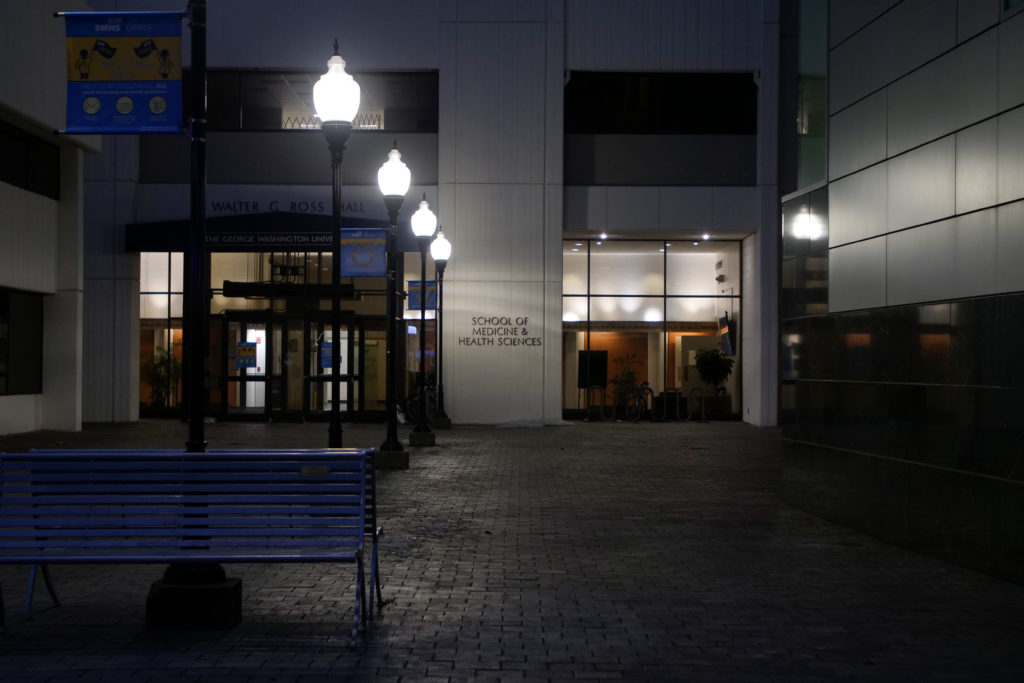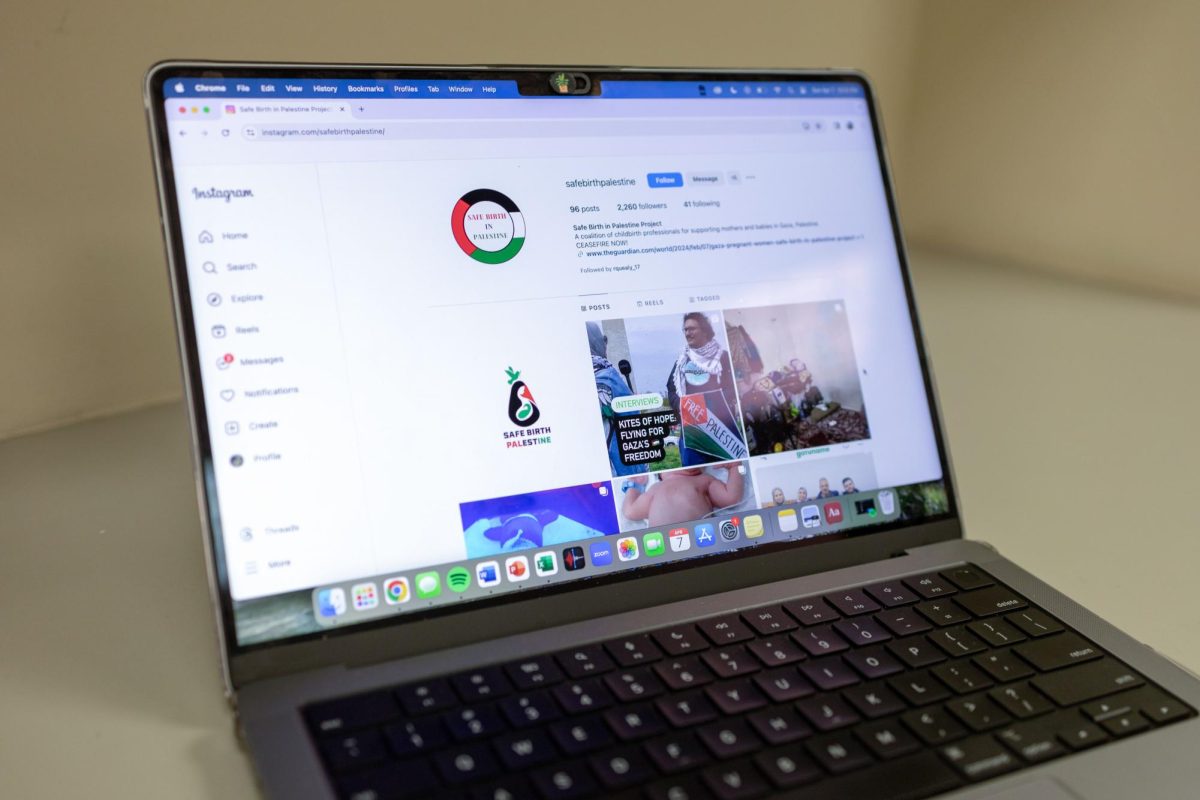Updated: March 1, 2021 at 11:12 a.m.
GW health care leaders debuted a program last month aimed at increasing the D.C. community’s confidence in the COVID-19 vaccine.
The Vaccine Ambassador Initiative gives health care workers the opportunity to wear a tag on their identification badges carrying basic information about the vaccine, like its potential side effects. School of Medicine and Health Sciences spokesperson Anne Banner said the program encourages community members who are more hesitant of getting the vaccine to start conversations with vaccinated health care workers and potentially ease their nerves about receiving the vaccine.
Banner said more than 200 health care workers from GW Hospital, the Medical Faculty Associates and the medical school have signed up to participate in the ambassador program. She said many of the participants have attended trainings on how to effectively communicate with patients about the vaccines and attended town halls to share information about the vaccine with the community.
“Peer-reviewed research shows that dialogue-based interventions are among the most effective methods for addressing vaccine hesitancy,” she said in an email. “There is also rampant misinformation about the COVID-19 vaccines available.”
She said health care workers have heard from patients and community members that they’re worried about the potential side effects of the vaccine, although the benefits of being vaccinated significantly outweigh the side effects.
“There are many myths and misconceptions about the COVID-19 vaccines available, even though the science is clear that the vaccines are safe and effective,” Banner said. “Many stem from fears about side effects of the COVID-19 vaccines.”
Public health experts said programs like GW’s will help build confidence among populations, like the Black community, that may be reluctant to receive the vaccine.
Paul Beninger, an associate professor of public health and community medicine at Tufts University, said rising distrust of the polio vaccine in the 1960s and studies published in the 1990s falsely linking vaccinations to autism have contributed to some Americans’ hesitations in the COVID-19 vaccine.
An Associated Press poll released last month revealed that younger people ages 18 to 29 and Black Americans across all ages are among the most likely to have skepticism about the vaccine. Data from the D.C. Department of Health reveals that the majority of vaccines have been distributed in White-majority areas of the city, where COVID-19 is less prevalent.
Beninger said historic medical miscues, like the highly criticized Tuskegee Study during which the federal government infected Black men with syphilis without their knowledge and did not provide them with adequate treatment, have contributed to mistrust in the medical community among some Black Americans.
“We do know that the Black community in general has a lower interest in getting vaccinated,” he said. “Now, it’s not really low, but it’s a lot lower than the White population, any of the other populations. So those are the important back stories.”
Beninger, who worked in vaccination development at the pharmaceutical company Merck & Co. for 11 years before beginning at Tufts, said access to health care is directly related to people’s confidence in taking the new vaccine. He said minority communities who are reluctant to access health care can lead to the development of diseases without proper care.
“The vaccine is just the latest of the larger picture of all the components of health care,” he said. “It affects their reluctance to health care. And so they get there later in the development of their diseases, and it goes on and on and on.”
Beninger said ambassador programs have become popular recently across the country following success in similar initiatives at schools like Cornell and Temple universities.
“It’s all about sharing key messages and helping educate one another,” he said. “Helping to educate, encouraging leaders to be champions, and lastly, celebrating your achievements afterward.”
Kathleen Carey, a professor of public health at Boston University, said including an adequately diverse representation of participating health care workers is key to increasing trust among hesitant community members.
“It’s part of a larger mistrust that we have been seeing grow in the last five years or so,” Carey said. “There are myths to be dispelled. What GW Hospital is doing is great because it is boosting trust. The goal is to boost trust.”
Kelly Klein – an alumna and senior research analyst at The Lewin Group, a health care consulting firm in D.C. – said misinformation contributes to people’s hesitancy to receive the vaccine.
“There is a lot of science behind how we create and distribute vaccines,” she said. “People are hesitant to get vaccinated because they think that this is experimental when in reality the vaccine wouldn’t go to market if it didn’t meet efficacy requirements.”
This post has been updated to clarify the following:
This story has been updated to clarify that those in the program are not required to wear badges with COVID-19 information but have the opportunity to do so. It has also been clarified to note that the badges do not state participants’ vaccinated status.








